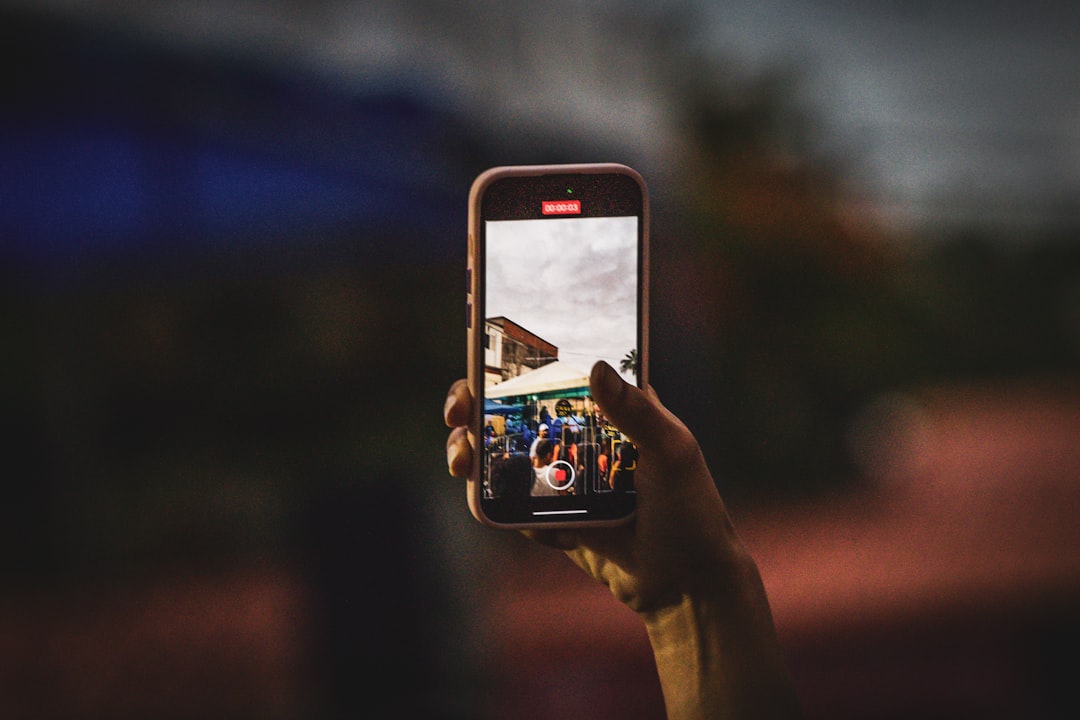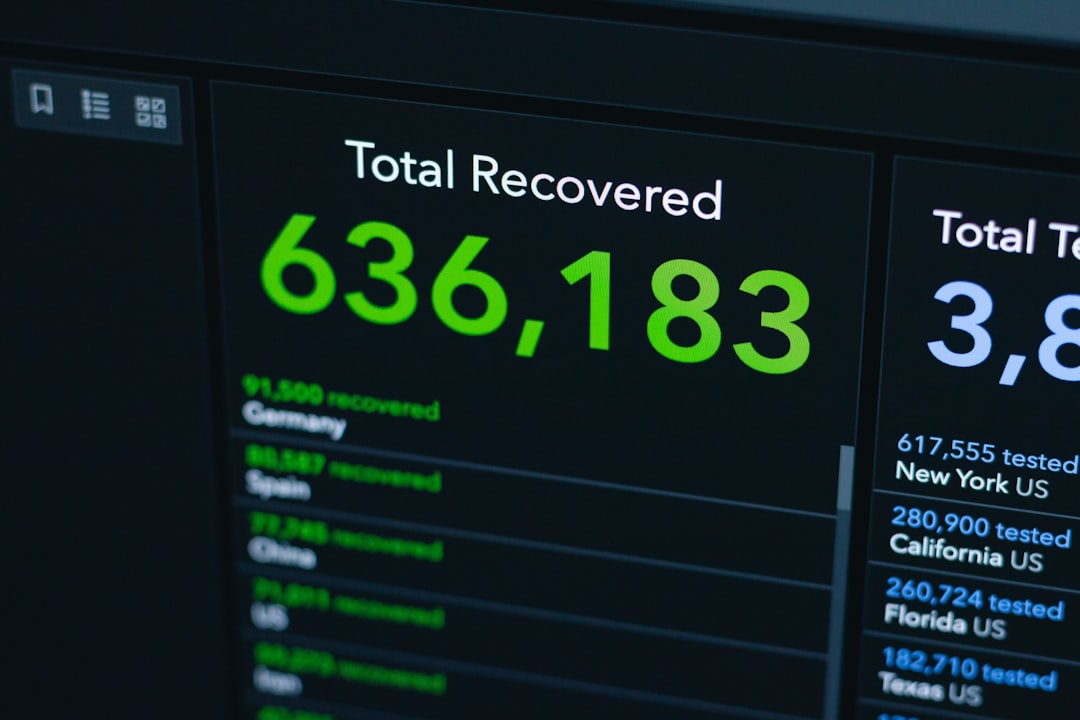Table of Contents
Viber has become one of the most popular messaging apps globally, primarily due to its strong emphasis on privacy. One of the features that reinforces its privacy-first approach is the ability to delete messages for both the sender and the recipient. While this is useful for protecting sensitive information or correcting mistakes, it can be frustrating if you need to recover or view a deleted message. Unfortunately, once a message is deleted on Viber, it is usually gone for good—unless specific conditions are met or alternate tools are used.
This article will guide you through trusted and effective methods to attempt to view deleted messages in Viber. While it’s not always guaranteed, certain precautions and third-party tools can help you retrieve this lost information.
1. Check for Notifications and Previews
If the message was recently deleted, you might still have a trace of it in your phone’s notification log. This is particularly true for Android users who have enabled message previews or use apps that keep a history of notifications.
Steps to check on Android:
- Go to Settings > Apps & Notifications > Notification History
- Look for Viber in the list and check if the deleted message appears in the notification log
iPhone does not offer a notification history feature natively, so this method is only applicable to Android users.

2. Use Viber Desktop’s Message Synchronization
If you use Viber on both mobile and desktop, there exists a small chance that a deleted message is still visible on your desktop version—if the devices weren’t synchronized at the time of deletion.
Here’s how you can check:
- Open Viber on your PC or Mac
- Search for the same chat where the message was deleted
- If the device didn’t sync the deletion yet, you might still see the message
This method works rarely but is worth a try if you had the desktop version open when the message was deleted on mobile.
3. Check Cloud-Based Backups
Viber allows users to back up their chat history to cloud services like Google Drive (Android) and iCloud (iOS). If you’ve enabled backups and the message was deleted after the last successful backup, you might be able to restore it.
Steps to restore Viber messages from backup:
- Uninstall Viber from your phone
- Reinstall the app from the App Store or Google Play Store
- Log in using the same phone number
- Viber will prompt you to restore messages from your last backup
Important: This method overwrites all current data with the backup, meaning you could lose recent messages that were not saved to the backup.
4. Third-Party Data Recovery Tools
There are reputable third-party applications that claim to recover deleted Viber messages from your device’s memory. Whether these tools work depends on how your device’s storage handles deleted files and whether new data has overwritten the old messages.
Some popular options include:
- Dr.Fone – Data Recovery (Android & iOS)
- iMobie PhoneRescue
- Tenorshare UltData
You should exercise caution when using such tools. Always download them from their official websites and read reviews to ensure you’re not installing malicious software. Most recovery software will require root or administrative access, which can void your device warranty or pose privacy risks.

5. Ask the Sender or Recipient
If you cannot retrieve the deleted message yourself, the simplest solution might be to ask the other person in the chat. There is a chance they still have the message or can relay its contents to you.
Deleted messages are only removed if the sender explicitly chooses “Delete for everyone.” If they choose “Delete for me,” the recipient can still see it.
Summary
While Viber prioritizes user privacy and makes it difficult to retrieve deleted messages, the following options can still help:
- Check your phone’s notification log
- Use Viber desktop sync as a backup check
- Restore from a cloud backup if available
- Turn to data recovery software cautiously
- Ask the other party in the conversation
Ultimately, the best practice is to regularly back up your Viber messages and maintain clear communication. Prevention, in this case, truly is more reliable than a cure.

